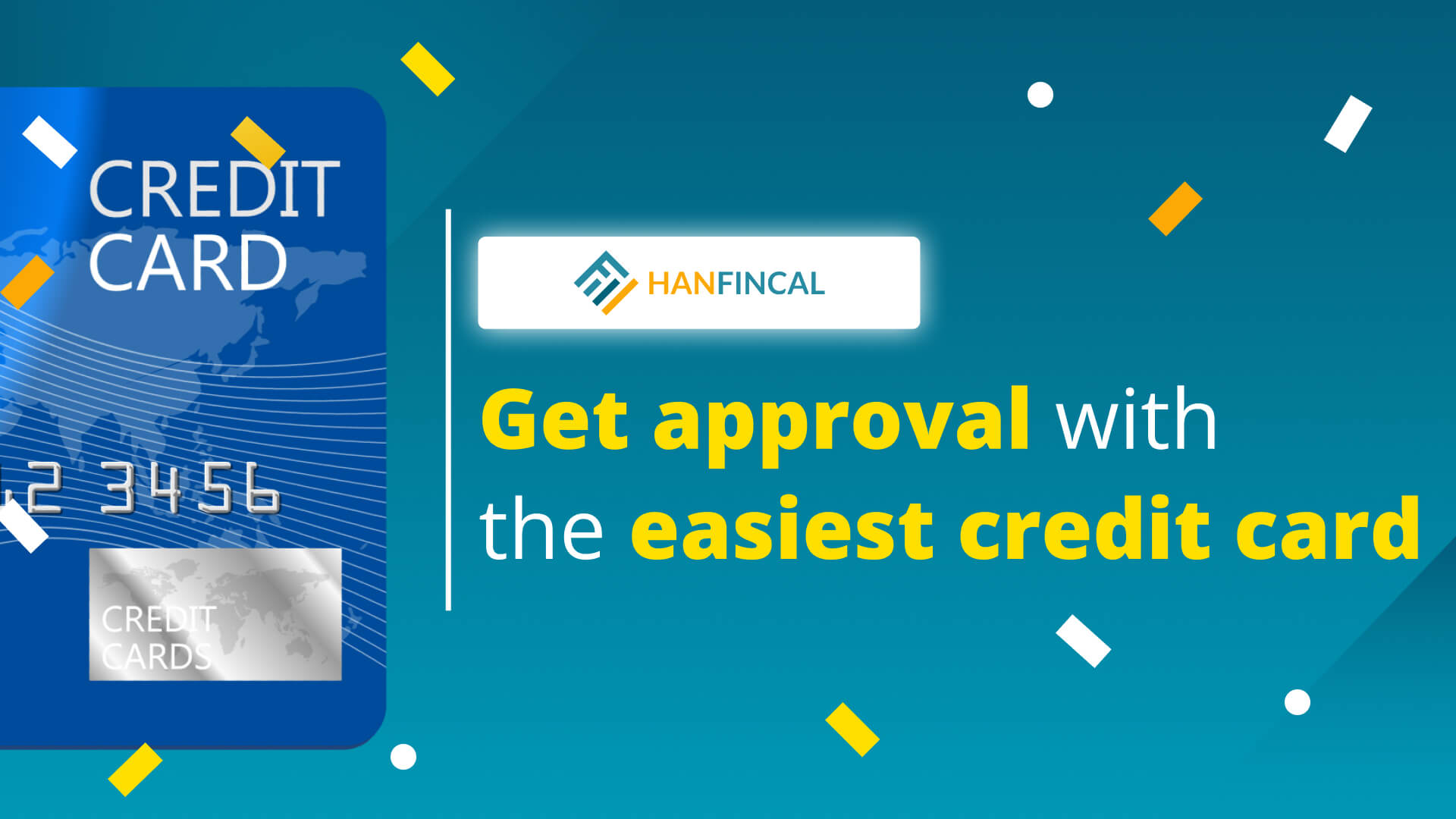Do you want to start building your credit, and your first thought is to apply for a credit card? But do you throughout understand what credit score is needed for a credit card? If you are still confused about this matter, let Hanfincal can help you. After reading this article, you can take your first step with ease.
1. What impacts your credit score?
Understanding how credit scores are calculated will assist you in determining which factors contribute to your current score. You’ll know which factors to prioritize to achieve the highest possible score from there. Here we focus on FICO and VantageScore.

What impacts your credit score?
1.1. FICO’s scoring method
This is the most used-widely and preferred method among lenders. This method is scored using the following criteria:
- Payment history (35%): It includes the number and severity of any late payments (30, 60, and 90 days late), the amount owed, and whether or not you eventually repay accounts. Paying on time will put you on the right track to a good grade.
- Credit utilization or total amount owned (30%): Keep your utilization below 30%, but consider this a neutral point. The less there is, the better.
- Credit history length (15%): Accounts that have been open for at least two years will improve your score.
- New credit (10%): Any inquiry for new credit or a line increase will be reported to your credit bureaus for two years. Too many inquiries in a short time lower your score.
- Credit mix (10%): There are two types of accounts: revolving and installment. Having a good mix of both accounts will earn you the most points.
1.2. VantageScore scoring method
This scale differs from the FICO scale in that it uses an “influential” scale to determine the importance of each factor. The following factors play a role in influencing credit score:
- “Extremely” influential: balances, total credit usage, and available credit.
- “Highly” influential: credit mix and experience.
- “Moderately” influential: payment history.
- “Less” influential: new accounts and age of credit history.
2. What credit score is needed for a credit card?
The credit score you will need to get credit card approval depends on the type of credit card, but a score of 600 and above is better. However, credit scores aren’t the only factor when determining credit card eligibility; other factors such as income and overall debt may also be considered, depending on the issuer.
You can find a reputable center to help you increase your credit score online; it is FREE. If you are interested, here is one center you should not overlook.
3. Credit score ranges for different types of cards

Credit score ranges for different types of cards
3.1. No credit or poor credit (300 to 559)
Some people believe that if they have no or bad credit, they will be unable to choose or apply for a credit card. That, however, is not the case. Although credit cards for those with a credit score of 559 or less are limited, they are not without options. In this case, a secured credit score is the best choice for you and your current situation.
These credit cards are easier to obtain because the cardholder guarantees payment by providing a deposit. Some are even designed for people with no or thin credit history. You may not realize it, but a secured credit card is the first step in rebuilding your credit from the ground up.
These cards typically do not earn rewards or have many perks because they are designed for people with bad credit. They may also have higher fees and be canceled even if you only miss one payment. Consider this option if it is suitable for you.
Struggling with credit cards? Immediate relief awaits! Answer a few questions to qualify for personalized assistance.
3.2. Fair credit (560 to 659)
If your credit score is slightly higher than if you have no or poor credit, there are more options. There are still valuable options for your situation with fair credit that you should consider. These cards have no annual fees while still offering appealing extras such as extended warranties and protection. Some even include attractive balance transfer options.
Credit cards for people with fair credit, on the other hand, frequently have fewer free benefits, smaller welcome bonuses, and lower earn rates.
3.3. Good to excellent credit (660 and above)
If you have good or higher credit, the number of credit cards available is almost limitless. You can always get cards with rewards, bonus points, or cash back with the most benefits and high cashback rates. These cards frequently come with sizable welcome bonuses, high earning rates, and many perks such as travel insurance and concierge service.
4. Can you get a credit card with limited or no credit history?
You certainly can. Obtaining a credit card with little or no credit history is not a matter of chance or fate; there are always options available, even if your credit score is low. Let’s find out many ways you can build a credit history to generate a credit score:
- Apply for a secured credit card: In exchange for a one-time security deposit, secured credit cards provide consumers with bad or no credit with access to a small line of credit.
- Apply for a student credit card: Student credit cards are an excellent way for young adults to start building credit while developing good financial habits. While student cards typically include benefits such as student-centric rewards and no annual fees, regular APRs can be pretty high.
5. How to improve your score for better cards?
There are many ways to raise your credit score. However, based on the structure of contributing factors in assessing your credit score, concentrate on the factors that play a significant role and account for most of your score. These are the payment history and the total amount owed. Therefore, to boost your credit score as quickly as possible, consider and immediately implement the following two primary steps:
- Every month, pay your credit card bills and any loans, such as student loans or a mortgage, on time.
- Pay off your debt as much as you can. Using less of your credit limits will improve your credit score.
Additionally, if your current credit score is low, around 580 or less, you may be denied many attractive credit card options. It’s time to boost your score right away. Here is the quickest way to improve your credit score without any effort. Isn’t that intriguing? If so, let’s click the button below to learn more about this miracle.
GET CREDIT SCORES ONLINE FOR FREE
What credit score is needed for a credit card? In fact, there is no fixed standard credit score for applying for a credit card because you can find a suitable card for your current credit score level, whether it’s a top-tier reward card, secured or travel card. The higher a credit score, the better chance you will be approved for cards with higher rewards. Consider boosting your credit score as much as possible to qualify for the best credit cards with the most benefits. Hanfincal can provide helpful hints and tips to get you started.
==> Read More:




